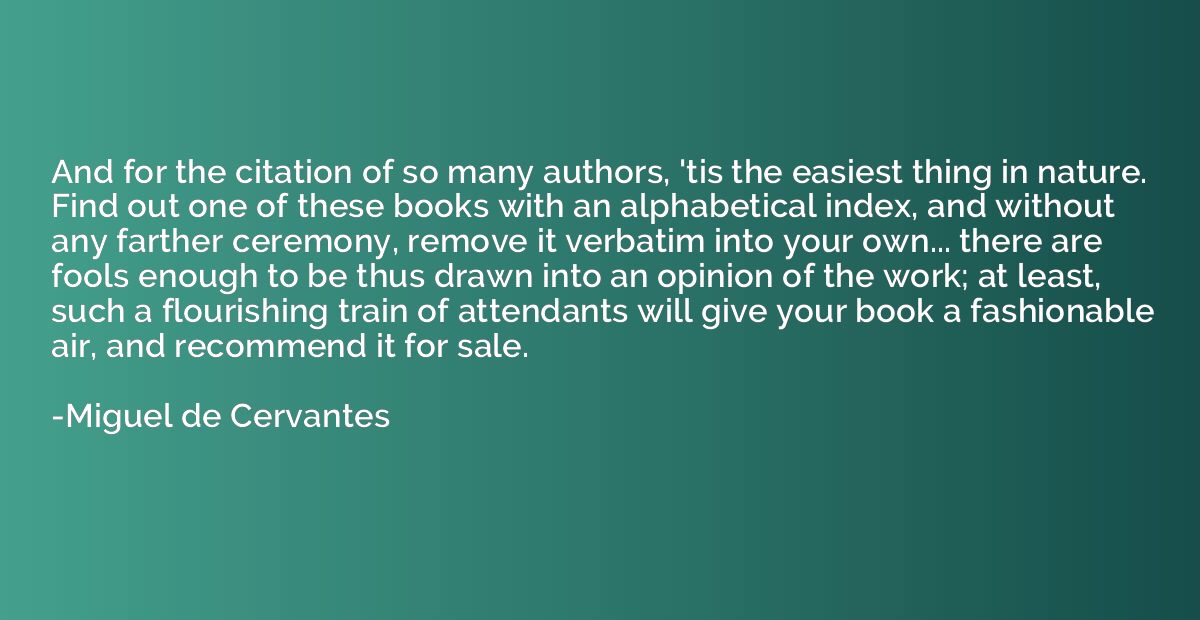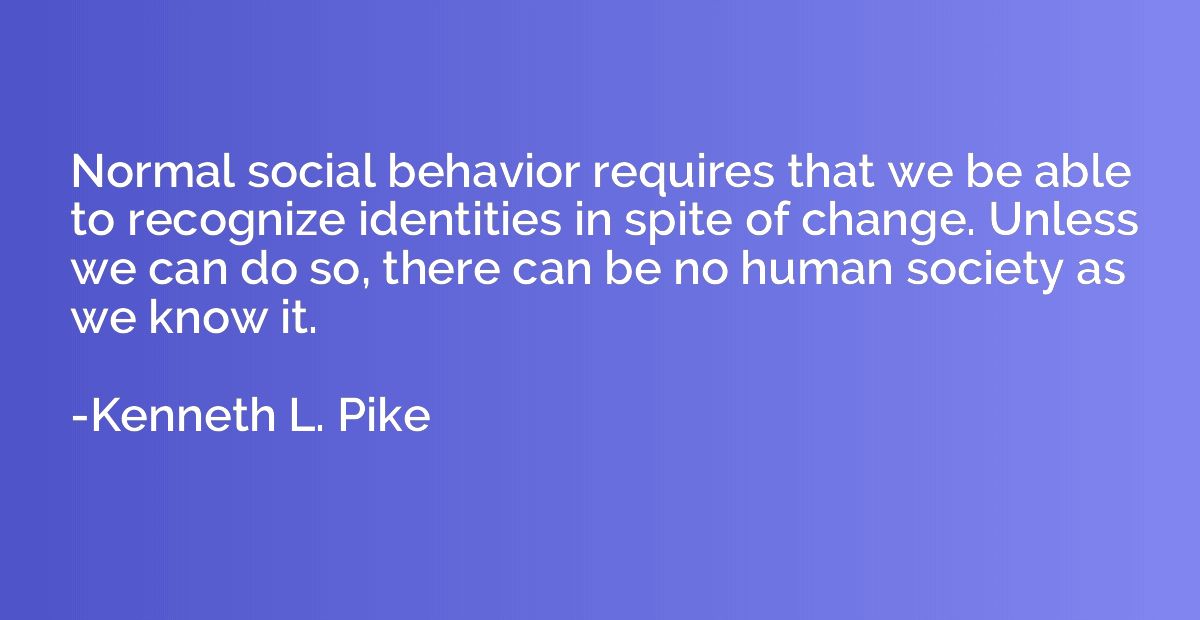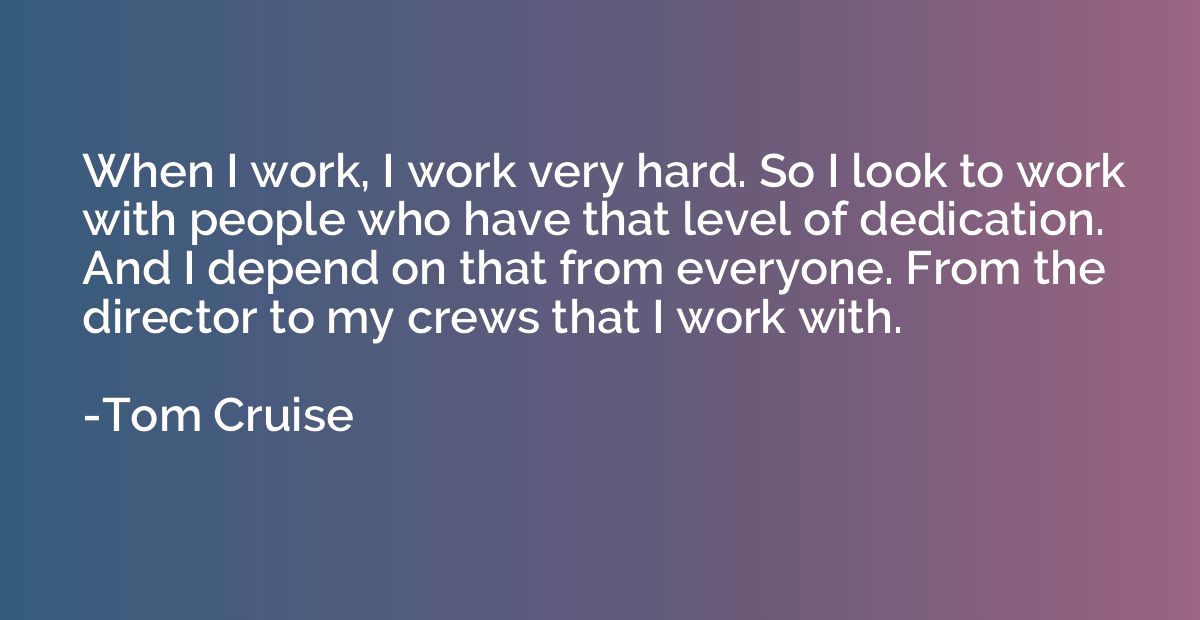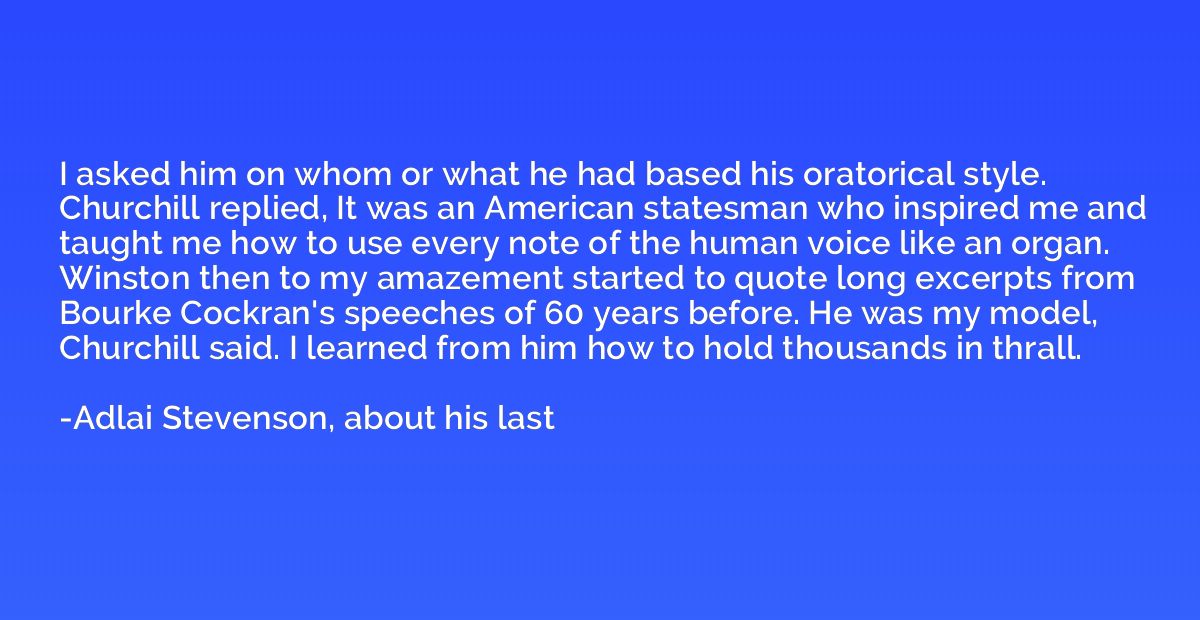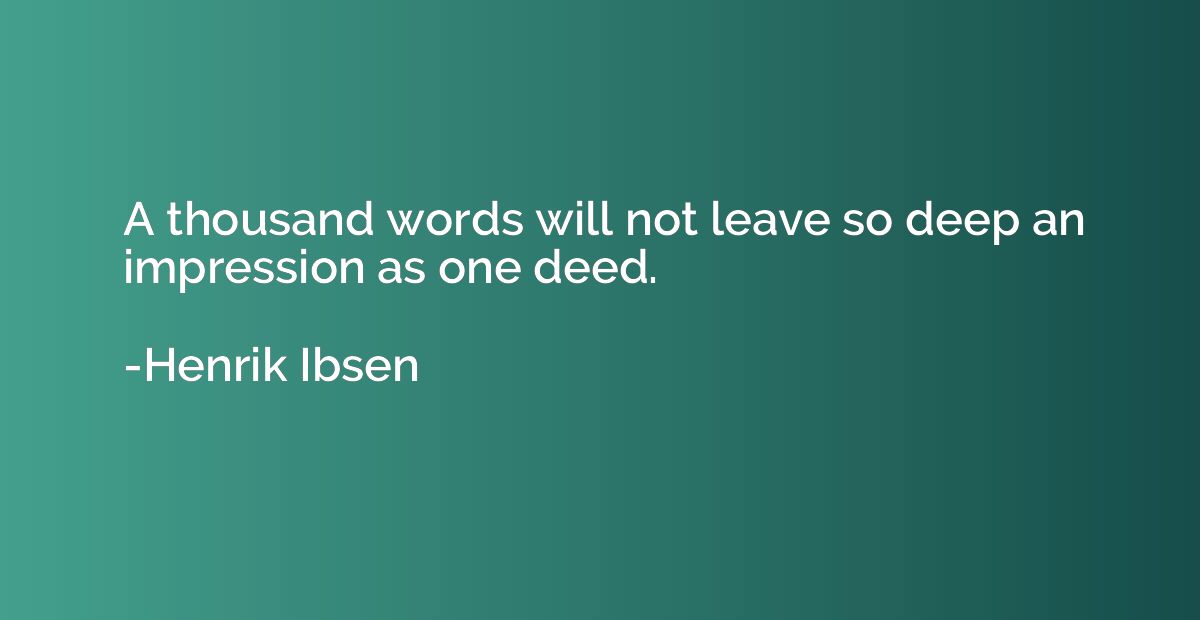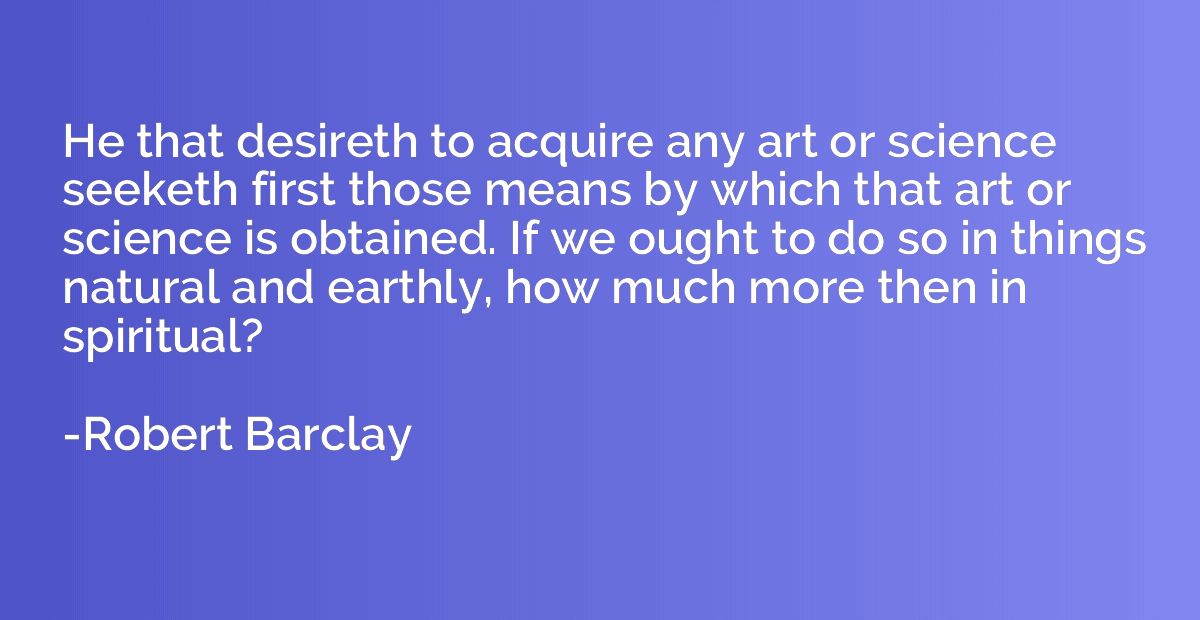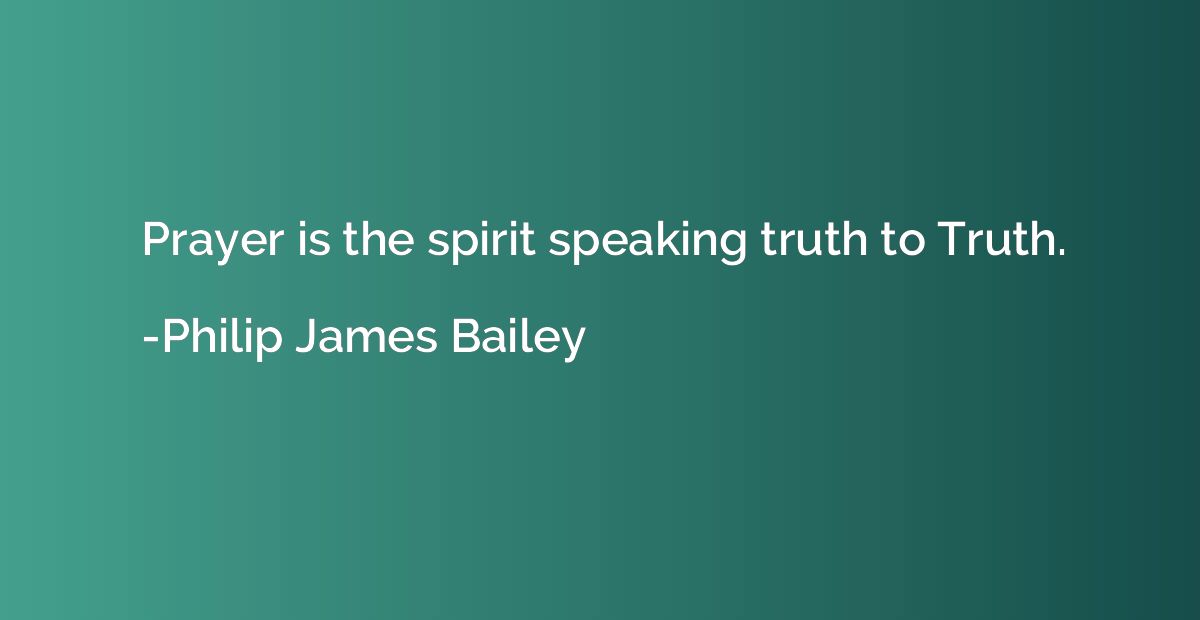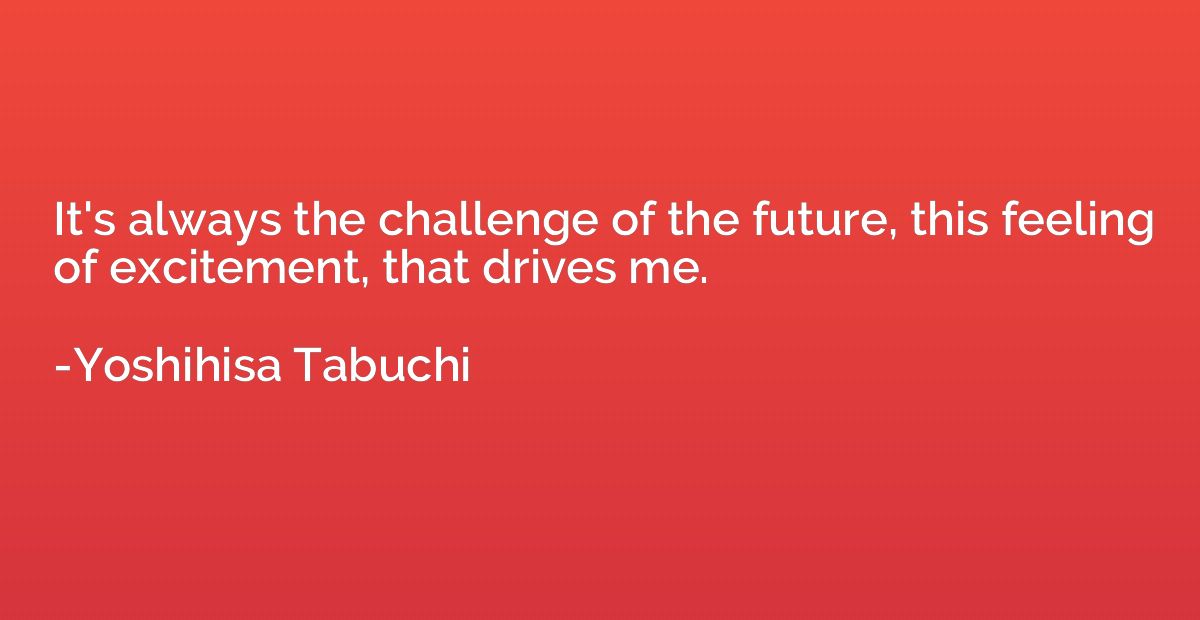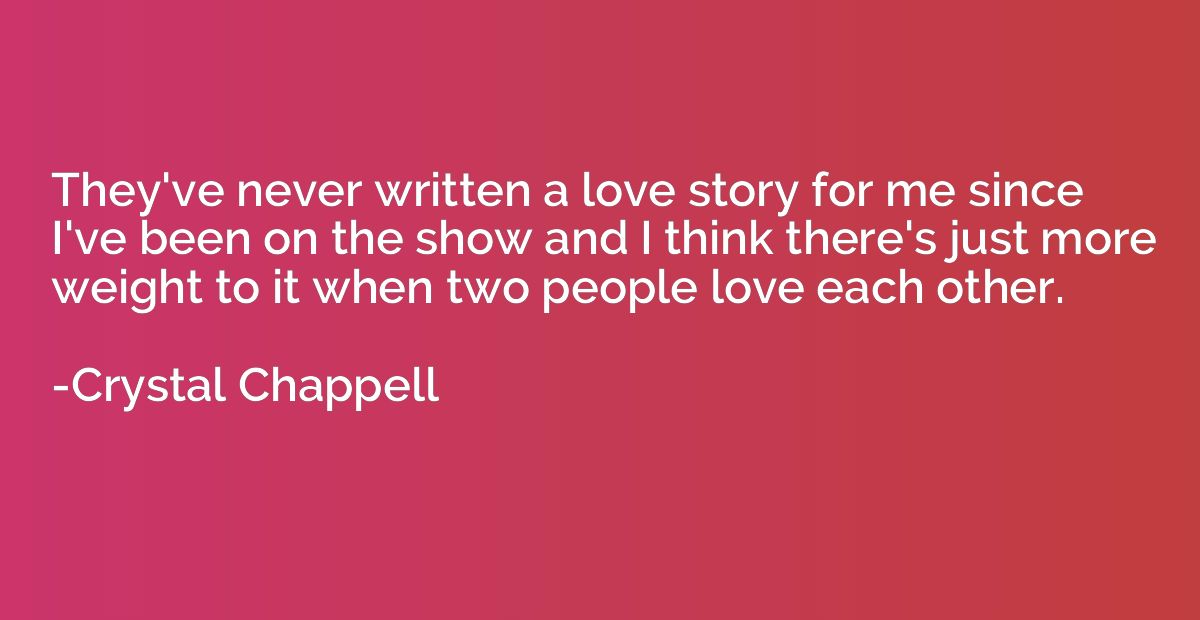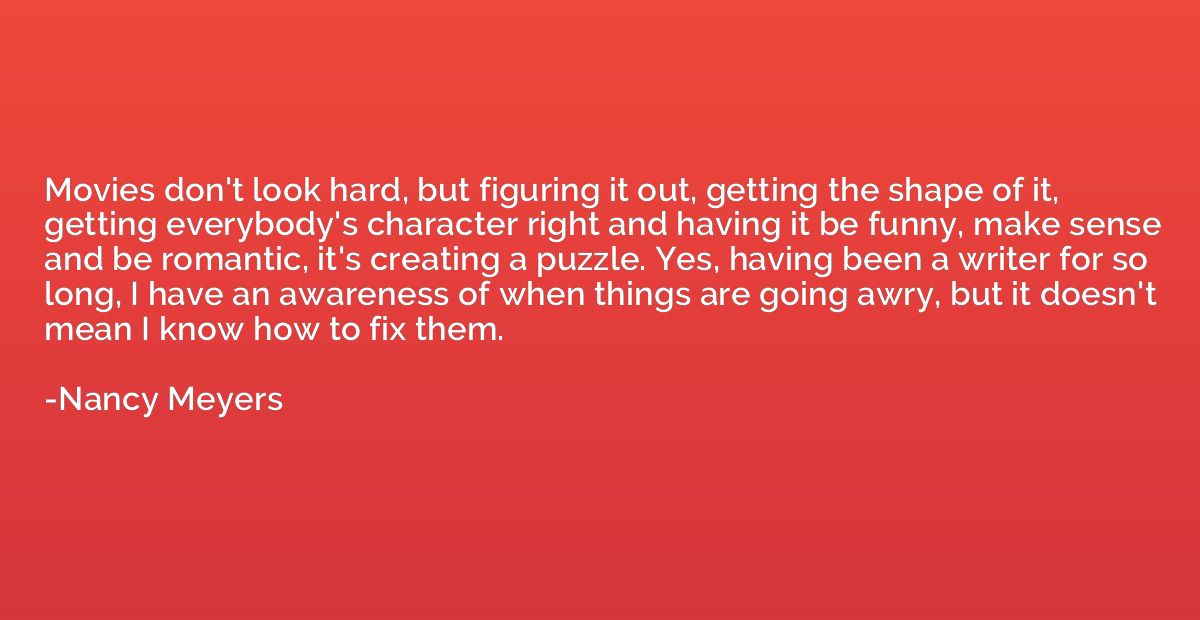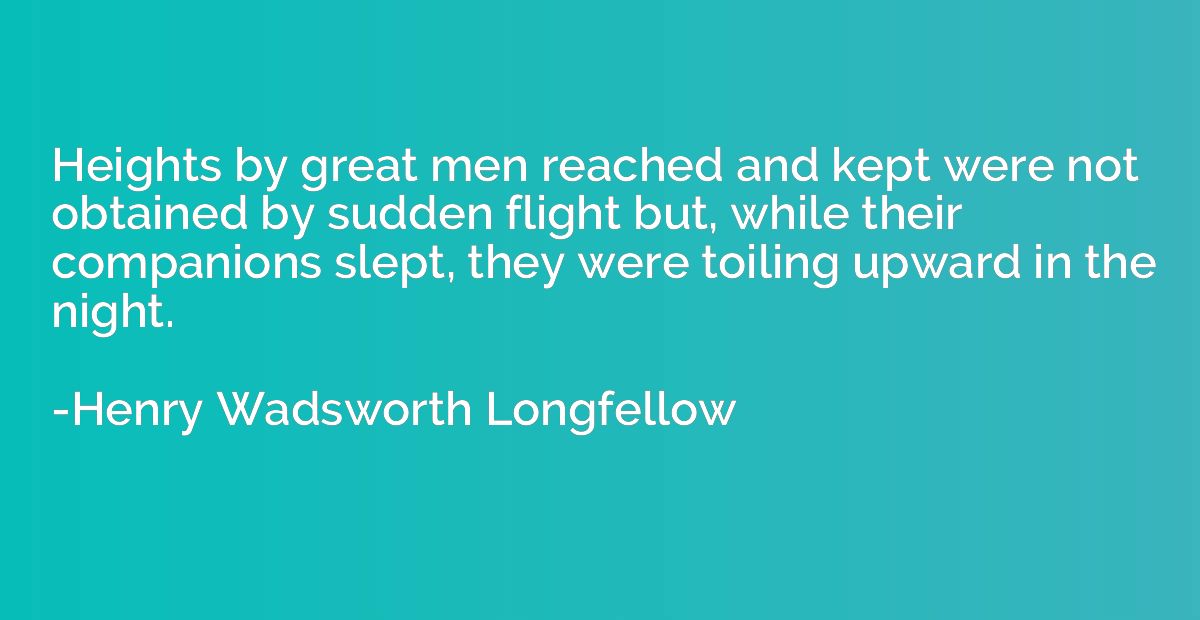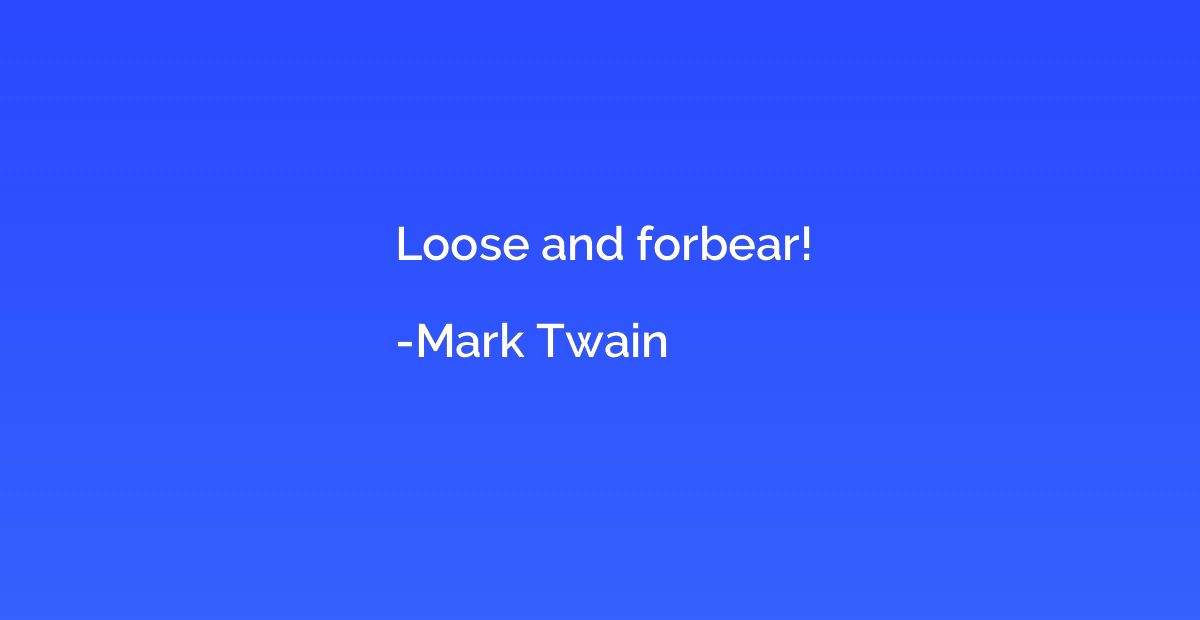Quote by Bob Moawad
The best day of your life is the one on which you decide your life is your own. No apologies or excuses. No one to lean on, rely on, or blame. The gift is yours - it is an amazing journey - and you alone are responsible for the quality of it. This is the day your life really begins.
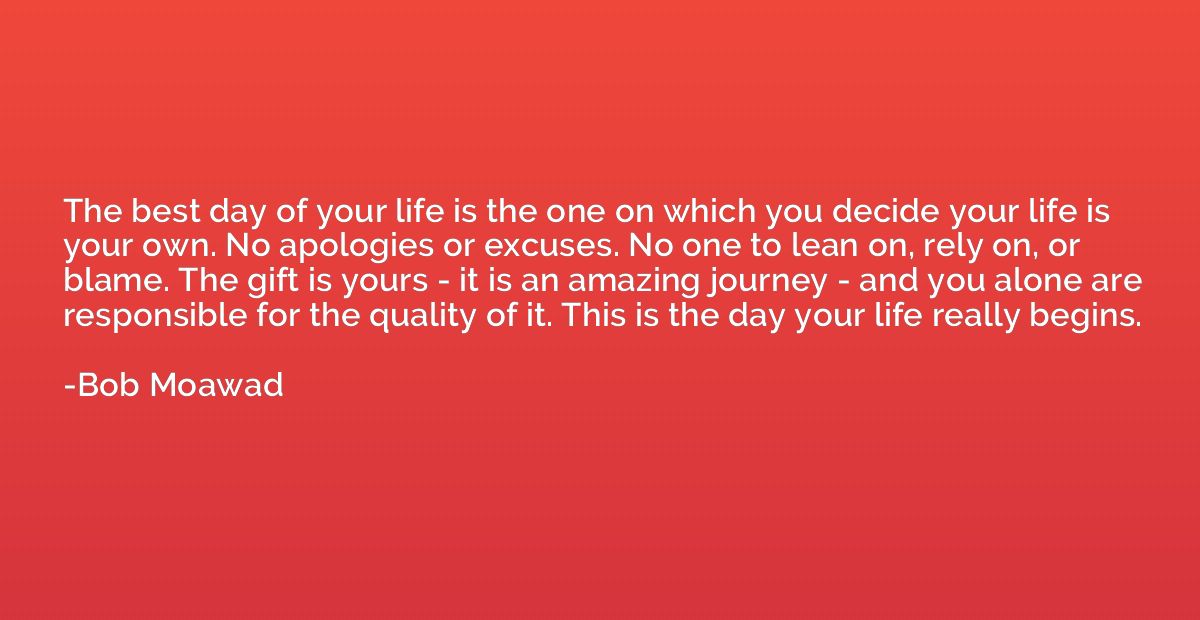
Summary
This quote encapsulates the power of personal agency and taking full ownership of one's life. It emphasizes that the key to a fulfilling and successful life lies in the moment when an individual embraces the fact that they are solely responsible for their own choices and experiences. By discarding excuses, leaning on others, or assigning blame, one gains a newfound sense of freedom, empowerment, and the capacity to live life on their own terms. This quote highlights the beginning of a transformative journey that is characterized by personal growth, self-determination, and the pursuit of a life lived to its highest potential.
By Bob Moawad



